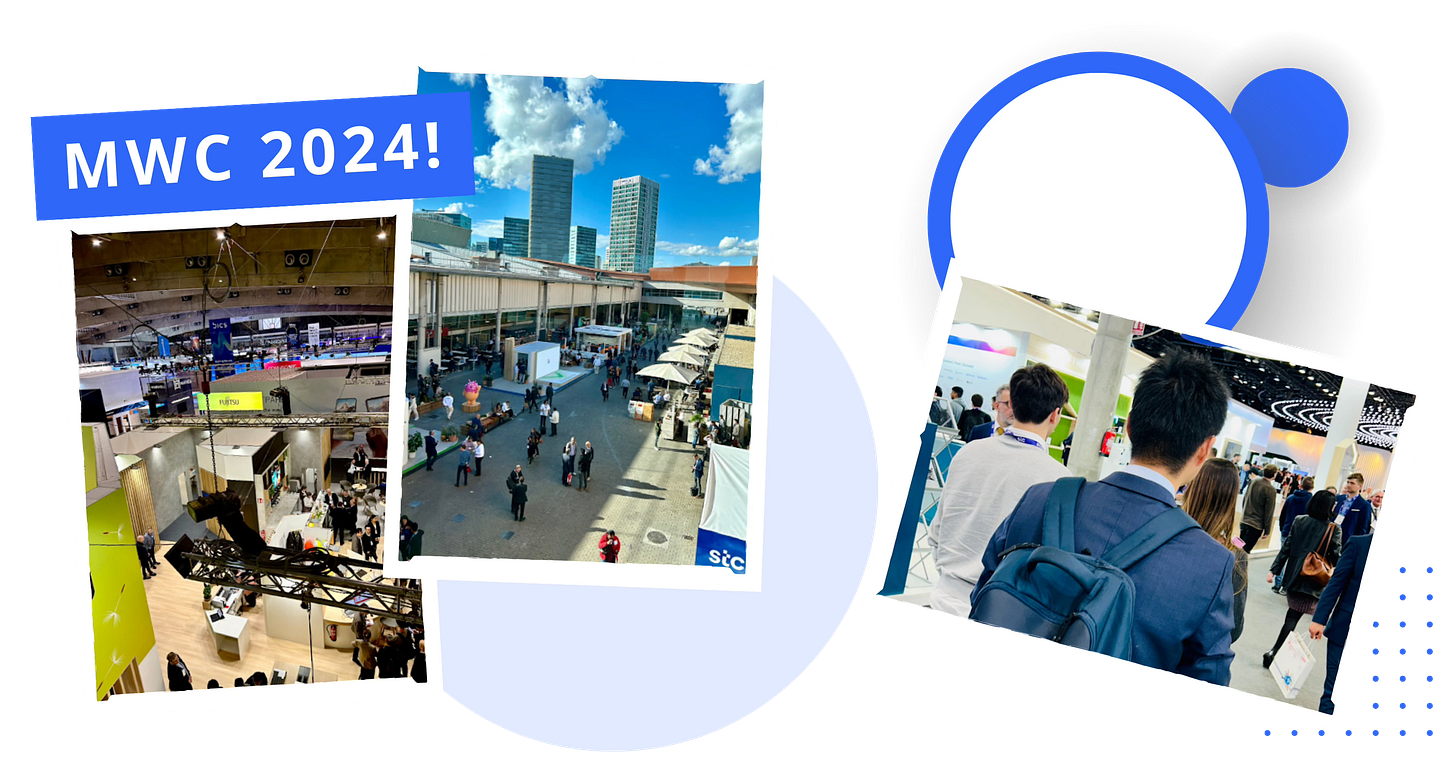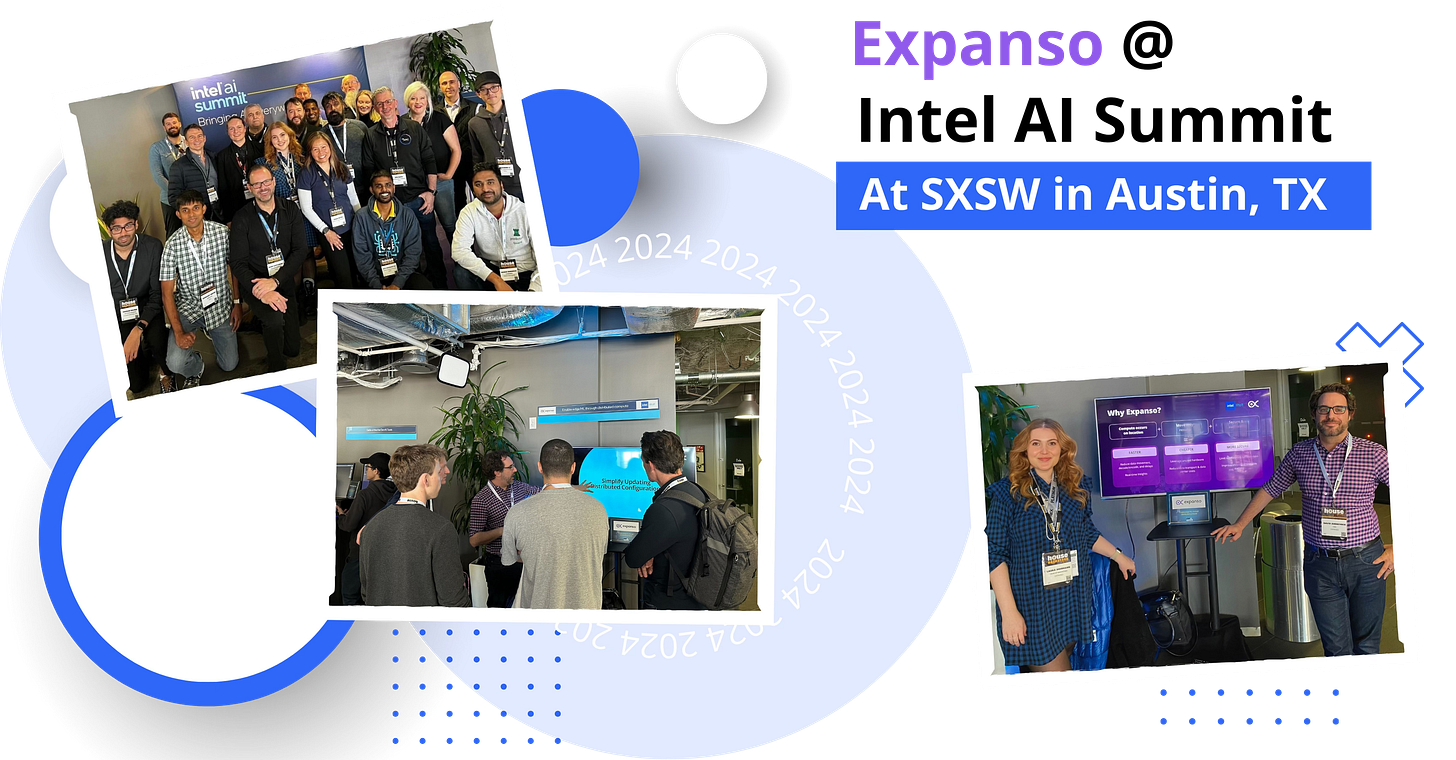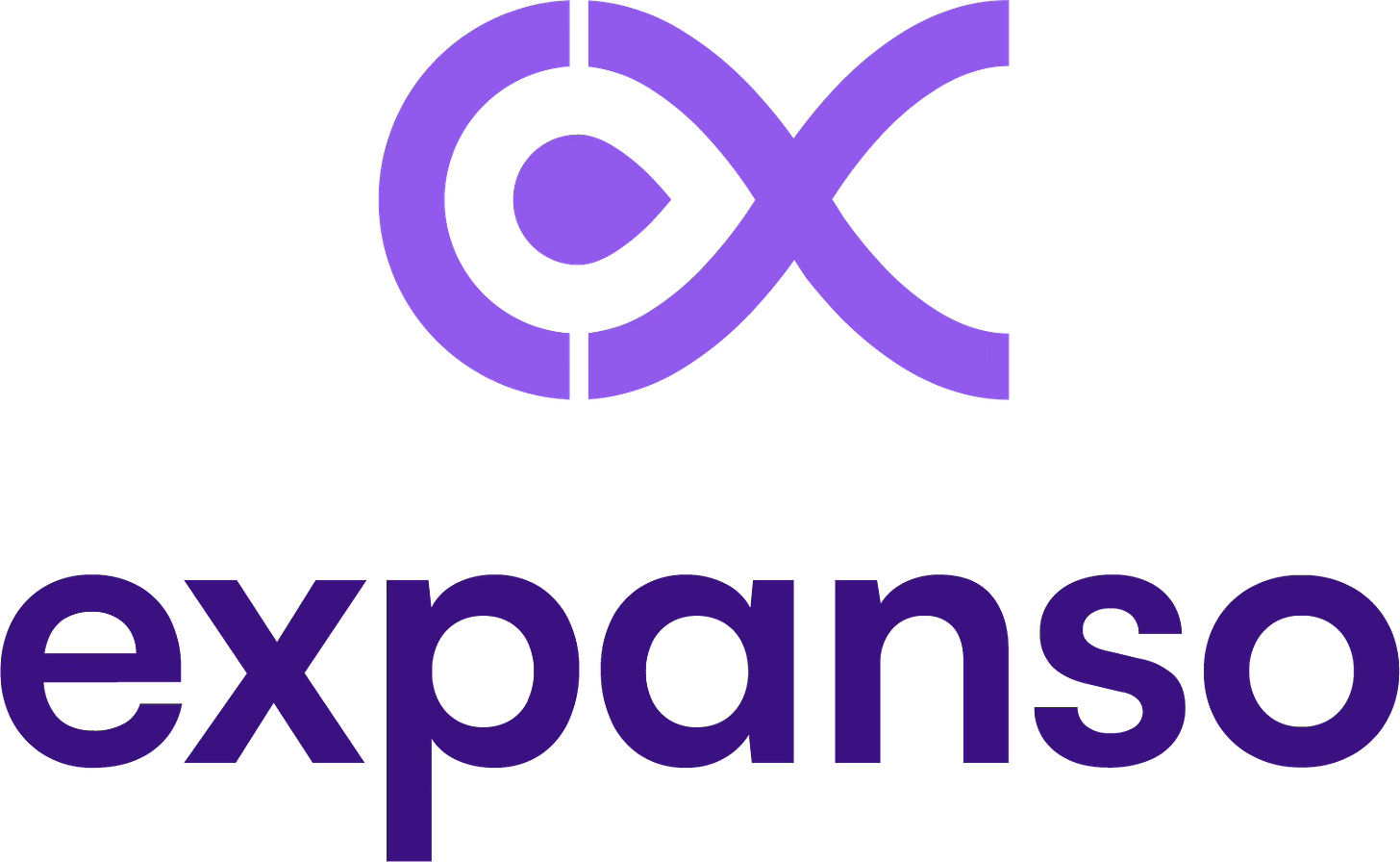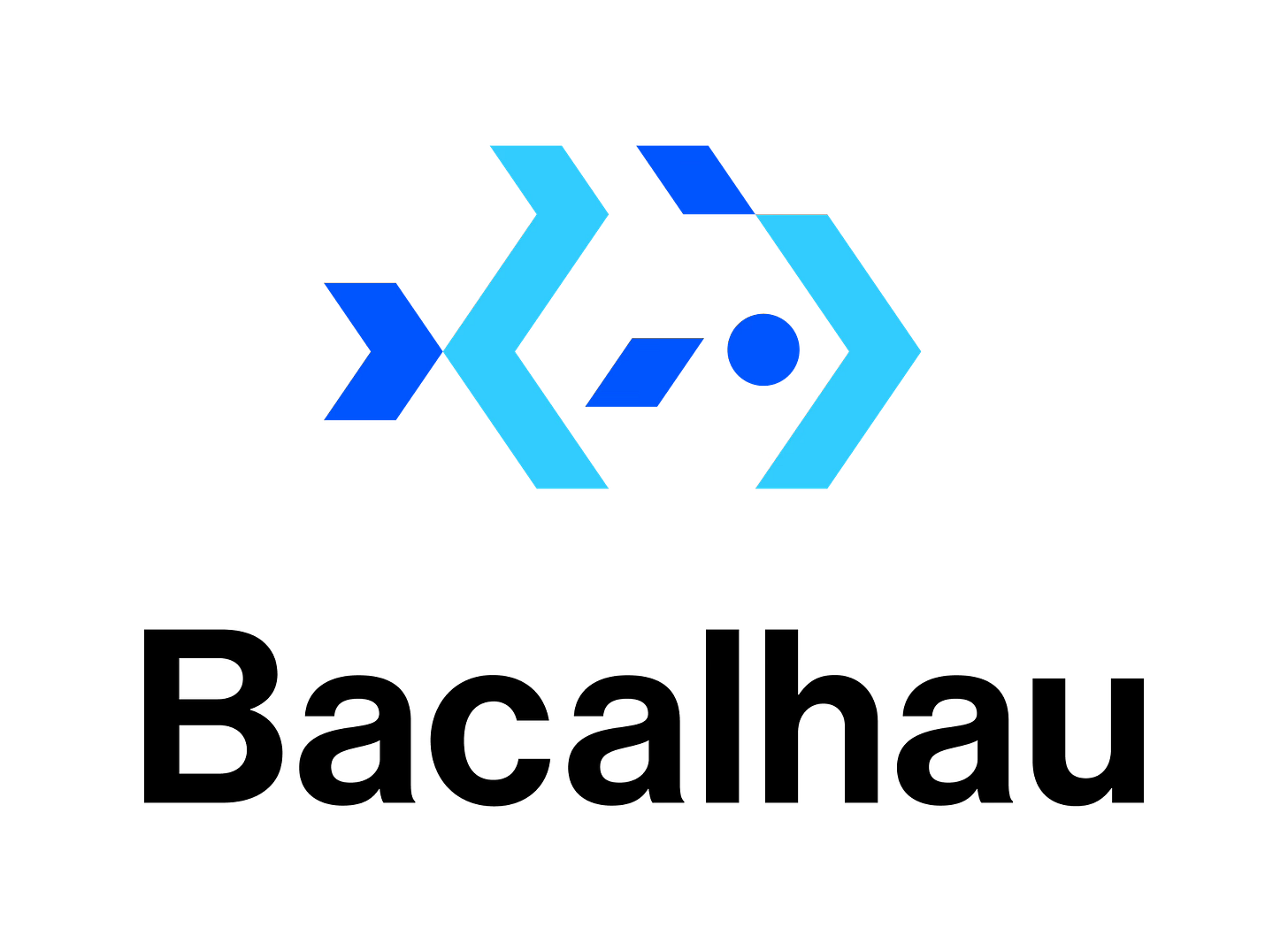From MWC to SXSW: How AI and Edge Computing Are Changing the Game
(5 min)
As we reflect on the recent conferences MWC, SXSW, and Intel AI Summit, one thing is unmistakably clear: we're witnessing the rapid expansion of the latest advancements in tech, reshaping everything from telecom to agriculture. This year's buzz? AI's relentless march forward paired with a significant edge computing explosion.
At Mobile World Congress (MWC): AI and Edge Computing
Industry experts may not agree on everything, but they certainly agree on ONE thing: AI isn't just a piece of the tech puzzle anymore - it's going to be everywhere. And MWC was no different. AI is unlocking value throughout the Communication Service Providers (CSP) chain and is transforming how CSPs and their customers interact with technology. And with edge computing coming into its own, we're helping to push processing power and compute jobs closer to where it's needed most. The surge of AI-driven applications, combined with transformative open-source technologies like Bacalhau, herald in a significant growth in multi-location computing, opening up possibilities across all sectors.
The evolution of data centers
VMware changed the landscape with the creation of their platforms for virtual machines in the early 2000s. Now, they are extending their experience into cluster systems for AI, building high throughput networking and compute infrastructure to the expanding AI market. On top of this sophisticated infrastructure, they are looking to build intelligent edge computing to provide far more efficient and responsive solutions.
Spotlight on Expanso:
Leading in Edge Computing Innovation
Video: VMware via Linkedin
VMware and Intel recognized Expanso as this year's TechConnect Showcase winner. Alongside two other category winners, Expanso presented their leading edge machine learning solution at the VMware by Broadcom booth at MWC. This spotlight on local ML enablement underscores the transformative power of distributed computing infrastructures. Following that, Expanso joined Intel for the Intel AI Summit at SXSW.
Expanso showcased their open-source software, Bacalhau, demonstrating its capacity to empower edge machine learning. Their demonstration highlighted a compelling use case: Bacalhau's ability to manage data transfers in extreme conditions, such as across a fleet of various seafaring vessels on the high seas. This demonstration underlined Bacalhau's robustness and reliability in any environment, showcasing its critical role in enabling edge computing under challenging conditions.
At South By Southwest (SXSW):
The Intersection of Edge Computing and Machine Learning
The intersection of edge computing and machine learning is accelerating adoption of both technologies by making them ubiquitous. The push for edge computing comes as AI demands faster, local data processing. The shift follows years of big tech companies pushing for cloud migrations to distant data centers. Both hardware and software providers are now acknowledging that edge computing, which brings processing capabilities closer to the data source, serves as an essential link between 5G networks and cloud data centers. Bacalhau provides the infrastructure that is required for this shift; enabling compute across all settings - cross-cloud, cross-region, onsite, IoT, edge locations, and even over unreliable networks. This approach not only fastens up insights; it's also doing it cost-effectively and with a strong emphasis on data security.
“This is an incredibly exciting time for distributed computing,” Expanso CEO David Aronchick said, "The capability for rapid processing and inference on your devices - meaning on ships, planes, phones, satellites, and more - will bring edge computing into prominence in ways we haven’t seen. We're witnessing a remarkable synergy where workloads that were traditionally confined to isolated cloud or on-premise server environments can now be executed at the edge. And the best thing is we're already there; it's just that the broader awareness is still catching up"
Other Things We Saw
AI and Humanity: Ethics, Innovation and Responsibility
At SXSW, the intersection of AI and humanity spurred vital discussions, particularly on AI's co-evolution with society. One key issue was the debate over artist compensation for training data. Head of ChatGPT Peter Dang addressed how OpenAI is deeply engaged in finding a balanced approach to respecting creative contributions while propelling technology forward in an equitable way that fosters a vibrant and competitive future for AI.
Meanwhile, Uber CEO Dara Khosrowshahi outlined their commitment to a greener and more cost-effective service. This vision includes increasing the use of electric vehicles, reducing emissions, and enhancing the app for improved ride and delivery experiences. He also highlighted the careful integration of autonomous technologies, with a focus on environmental sustainability and shared mobility as prerequisites to fully autonomous solutions.
Amy Webb's breakdown of the tech landscape at SXSW was a strong reminder of the power and peril we're juggling as we build the future. AI sits at the core of what she calls a tech super cycle - the engine behind the seismic shifts we're seeing across all industries. But with great power comes great responsibility; the ethical issues and biases in AI are something we in the industry need to tackle head-on. It's not just about the code; it's about who it serves and how.
The convergence of AI, IoT, and biotech aren’t just trends - they’re General Purpose Technologies (GPTs) that have the capacity to reshape our world in ways we're just starting to grasp. Much like electricity and the internet did in the past. It's like we're living through a new industrial revolution every couple of years now, and the potential for positive impact is enormous if we do it right.
But let's not gloss over the critical points here: unsecured AI and the lack of accountability are ticking time bombs. The open-source movement has democratized innovation, yet it also opens up risks that we need to mitigate with thoughtful governance. We don't want to look back and wish we'd built the guardrails sooner.
Conclusion
As we reflect on the insights and discussions, it's clear that we stand at the brink of a new technological era. AI and edge computing are not just future possibilities; they are here, reshaping all aspects of our lives, from how we process data to how we work and how we address our planet's most pressing challenges. Distributed computing will be the driving force that propels these innovations. The journey ahead demands that we not only adopt these technologies but also navigate their complexities with a deep sense of responsibility and a commitment to ethical principles.
It's on all of us to ensure AI operates with the right checks and balances; without stifling the creativity and access that are driving this incredible period of growth. Issues like bias and accountability in AI are more than just speed bumps and we need to address them with the seriousness they deserve. We're steering a powerful vessel; let's navigate it carefully towards positive outcomes that uplift humanity, protect our environment, and promote equity and inclusion.
If you’re interested in learning more about distributed computing and how it can benefit your work, there are several ways to connect with us. Visit our website, sign up to our bi-weekly office hour, join our Slack or send us a message.
How to Get Involved
We're looking for help in various areas. If you're interested in helping, there are several ways to contribute. Please reach out to us at any of the following locations.
Commercial Support
While Bacalhau is open-source software, the Bacalhau binaries go through the security, verification, and signing build process lovingly crafted by Expanso. You can read more about the difference between open source Bacalhau and commercially supported Bacalhau in our FAQ. If you would like to use our pre-built binaries and receive commercial support, please contact us!









